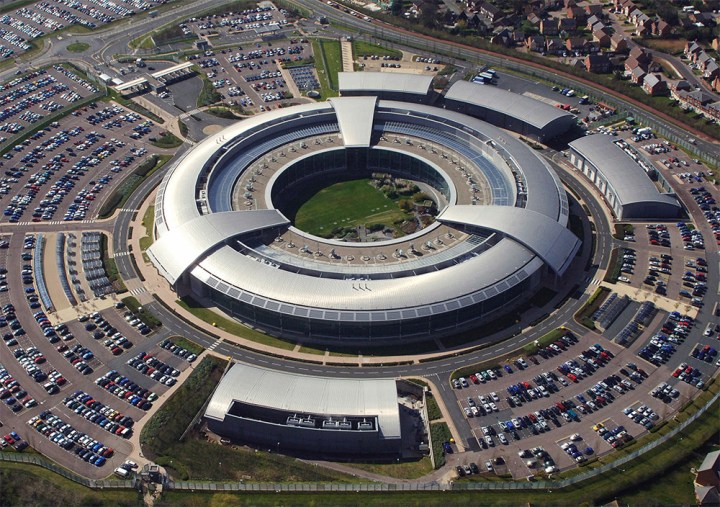
“All enemy communications including mobile phones and the internet are vulnerable to interception. It is best practice to monitor these means and gather information, then occasionally use jamming strikes to spread confusion among their ranks at vital times,” claimed a source close to the attack (via IBTimes).
“There is a shortage of human sources within IS in Libya so whatever intelligence we can gather from listening to their conversations, the better.”
Although it might seem more lucrative to keep Islamic State communication lines open for monitoring, British Government Communications Headquarters (GCHQ) maintained insight into the leadership of IS even while the jamming was taking place. It was said to have witnessed in real time, frantic messages sent between higher-ups who couldn’t figure out why their lines of communication were downed.
The attack against the IS network lasted 40 minutes and proved the capability of the system. The idea is to use the technique in the future during coordinated ground or cyberattacks from IS, thereby hampering either’s effectiveness during crucial moments.
This coordinated digital assault from Britain may be in response to a recent IS boast that it had sympathizers within the Ministry of Defence and threatened to leak information to discredit the U.K. and bolster the image of its own hacking forces.
It also comes at a time of concerted digital effort by the terrorist cell in order to recruit new members and sow dissent and distrust among Western nations as immigrants continue to pour in from war-torn regions.



